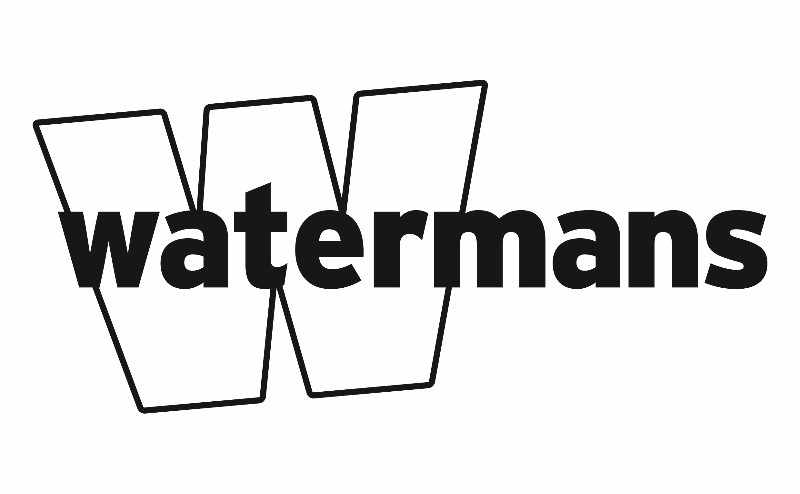Place Categories: Arts & Culture and Communities
Developing a creative economy and community is about ensuring that people gain access to cultural activities and have a chance to participate and develop their skills and see the possibilities that these offer.
Over the last 8 years, we have pioneered the use of cultural and arts projects to deliver a wide variety of social outcomes and benefits. Projects have involved people with many different backgrounds all of whom have benefited from arts activities designed to improve their self-confidence and self-esteem, sociability and social integration, deliver health improvements and to teach and develop creative and life skills.
No Records Found
Sorry, no records were found. Please adjust your search criteria and try again.
Google Map Not Loaded
Sorry, unable to load Google Maps API.




Leave a Reply
Want to join the discussion?Feel free to contribute!